|
|
|
|
Tanzania’s health minister announced early this month that the country has no intention of procuring vaccines. Catherine Kyobutungi describes how the country’s leaders have gone against the recommendations of scientists and the World Health Organisation. This includes recommending to Tanzanians that they turn to prayer and traditional medicine to protect themselves against COVID-19. She sets out what the implications are – for Tanzania,
its neighbours and the world.
Madagascar has also said it won’t be vaccinating its population. Pathology expert Ahmed Kalebi unpacks why the approaches taken by Madagascar and Tanzania present a problem. It creates a breeding ground for the new coronavirus – SARS-CoV-2 – to mutate into more aggressive variants which current vaccines may not be effective against. And, given the interconnectedness of the world, no particular population is safe unless everyone in the
world is safe.
To receive our COVID-19 updates on WhatsApp, subscribe to the service here.
|
Moina Spooner
Commissioning Editor: East and Francophone Africa
|

|
|
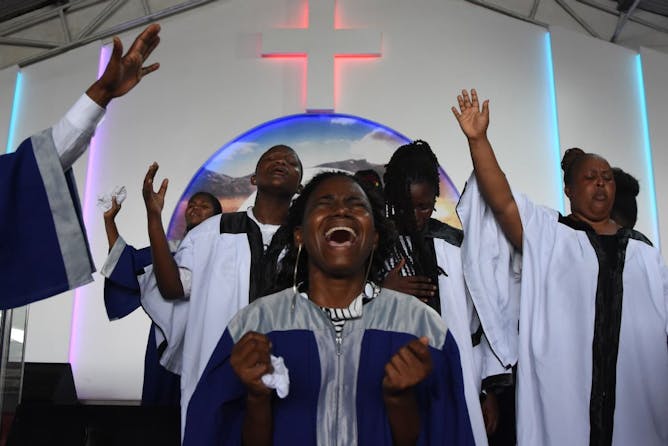
One of Tanzania’s approaches to managing the spread of the new coronavirus is through prayer.
Photo by STRINGER/AFP via Getty Images
Catherine Kyobutungi, African Population and Health Research Center
The pandemic will not end for anyone, anywhere until it is controlled in every country. Tanzania’s approach will make it that much harder for normality to return.
|
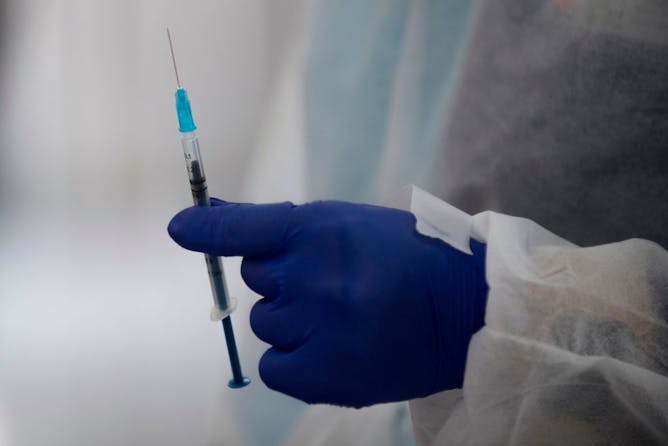
A nurse holds a dose of the Pfizer/BioNTech COVID-19 vaccine.
Jorge Guerrero/AFP via Getty Images
Ahmed Kalebi, University of Nairobi
Even those that live in areas where the population has already been vaccinated would not be totally protected if the virus mutates elsewhere.
|
Politics
|
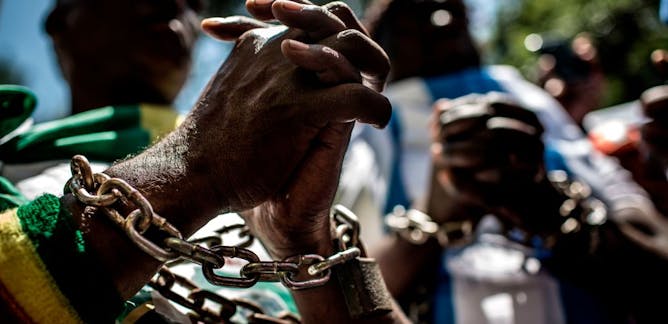
Marie Rodet, SOAS, University of London; Bakary Camara, Université des sciences juridiques et politiques de Bamako; Lotte Pelckmans, University of Copenhagen
Descent-based slavery – when a slave status is ascribed to a person based on their alleged ancestry – continues to exist in Mali.
| |

Yohannes Eneyew Ayalew, Monash University
In a country where judicial review is not constitutionally guaranteed, hate speech legislation could shackle freedom of expression and limit citizens' rights to express themselves.
|
|
|
Science + Technology
|

Bonginkosi Shozi, University of KwaZulu-Natal; Marietjie Botes, University of KwaZulu-Natal
We propose five principles that could guide a proper ethical and legal framework for germline editing and similar technologies.
| |
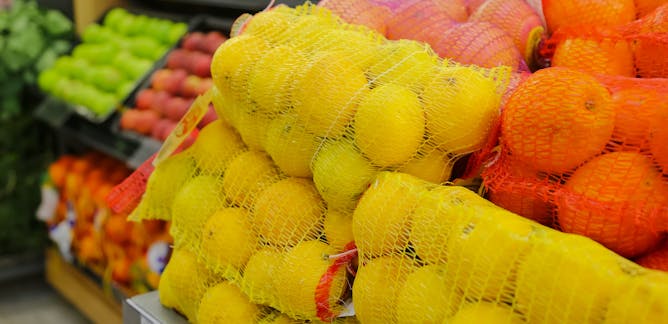
Thando Vilakazi, University of Johannesburg; Namhla Landani, University of Johannesburg
New technologies and supermarket supplier development programmes can help integrate small agro businesses into local and global value chains.
|
|
|
From our international editions
|
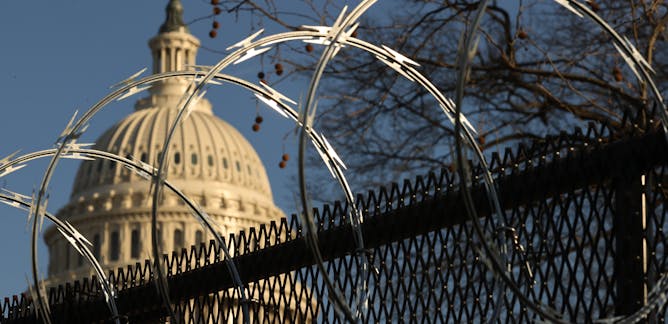
John E. Finn, Wesleyan University
The vote to acquit former President Trump for inciting the attack on the Capitol is a symptom of the dramatic decline of the US constitutional system, which is being eroded from within.
| |
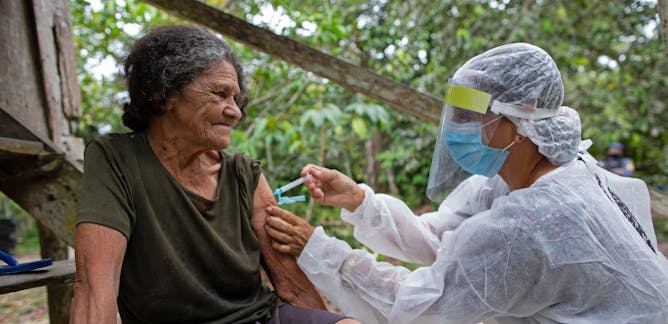
Sebnem Kalemli-Ozcan, University of Maryland
The world's most advanced economies will incur half the total costs associated with a failure to vaccinate poorer nations, which could exceed $4 trillion if only half their citizens are inoculated.
|
|
|
En Français
|
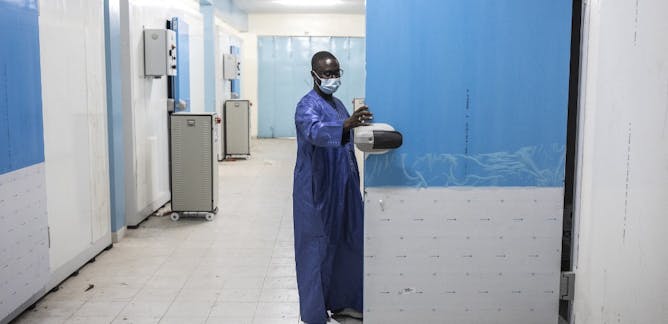
Valery Ridde, Institut de recherche pour le développement (IRD); Adama Faye, Institut de santé et développement; Amadou Ibra Diallo, Institut de santé et développement; Emmanuel Bonnet, Institut de recherche pour le développement (IRD); Ibrahima Gaye, Institut de santé et développement; Junot Amandine, Université de la Réunion; Mouhamadou Faly Ba, Institut de santé et développement
Présentation des résultats d’une enquête récente dont il ressort que la population sénégalaise est loin d’être totalement convaincue par la nécessité de se faire vacciner.
| |

Dalla Malé Fofana, Bishop's University
« De Kobe Bryant, j’ai toujours admiré le souci du détail, l’envie du dépassement, le sens de l’observation, la culture de l’excellence, le refus de la tricherie », écrit l’auteur, un fan du sportif.
|
|
|
| |
Featured events
|
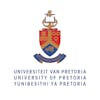
|
Future Africa, Hillcrest Campus, South Street, Pretoria, Gauteng, 0084, South Africa — University of Pretoria
|
|
|
|
| |
| |
| |
Would you like to republish any of these articles?
|
|
It’s free to republish, here are the guidelines.
Contact us on africa-republish@theconversation.com in case you need assistance.
|
| |
| |
| |
| |
|
|
|
|
|
|
|